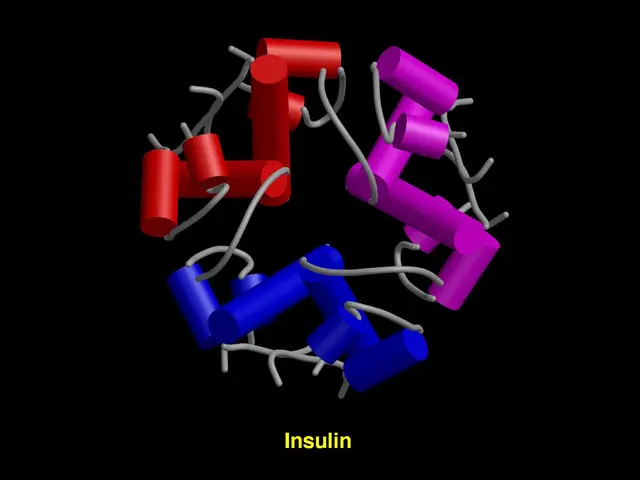Intestinal Parasites in Canines: An Examination
Tapeworms, common parasites in canines, are primarily responsible for intestinal troubles in dogs. These parasites are flat, segmented worms that can grow up to several feet in length. Dogs typically acquire tapeworms from ingesting infected fleas or by consuming contaminated small mammals, which they may do through hunting or scavenging.
Once inside a dog's intestines, these parasites attach themselves to the intestinal wall and feed on the host's digestive contents. Symptoms of tapeworm infestations in dogs can range from weight loss, diarrhea, and abdominal discomfort to, in severe cases, intestinal blockages leading to more serious health problems.
There are three main types of tapeworms that can infect dogs:- Diplydium caninum is the most common and is acquired by ingesting an infected flea.- Taenia tapeworm species are gained by consuming infected animals, such as rodents and small mammals.- Echinococcus tapeworm species are primarily found in wildlife and can infect dogs that hunt or scavenge.
Contrary to popular belief, humans cannot directly contract tapeworms from dogs. However, human exposure is still possible through accidental ingestion of infected fleas or contaminated soil, food, or water. Young children are most at risk in such cases.
Some indications that a dog may be infected with tapeworms include:- Irritation or itching around the anus- Vomiting- Diarrhea- Intestinal obstruction with heavy infestations
In some cases, tapeworm segments may be visible in a dog's feces, looking like small, white, or cream-colored grains of rice or sesame seeds.
To diagnose tapeworms in a dog, veterinarians typically perform physical examinations, fecal floatation tests, or fecal antigen tests that detect the presence of flea tapeworms. Treatment for tapeworms involves the administration of anthelmintic medication to kill the parasites and is relatively inexpensive, with costs ranging from $25 to $75.
Effective prevention measures include the regular use of year-round flea control, such as Credelio, which kills ticks and fleas quickly, and medications like Interceptor Plus, which both treat and control tapeworms. Additionally, dogs should be discouraged from hunting or scavenging to minimize the risk of tapeworm infection from ingesting infected small mammals.
The discomfort faced by dogs due to tapeworms isn't limited to intestinal issues; they may also experience weight loss, symptoms akin to diarrhea, and, in severe cases, intestinal blockages related to health-and-wellness. These parasites, classified under the branch of health-and-wellness known as science, can be divided into three main types, including tapeworms like Dipylidium caninum, acquired by ingesting infected fleas.






